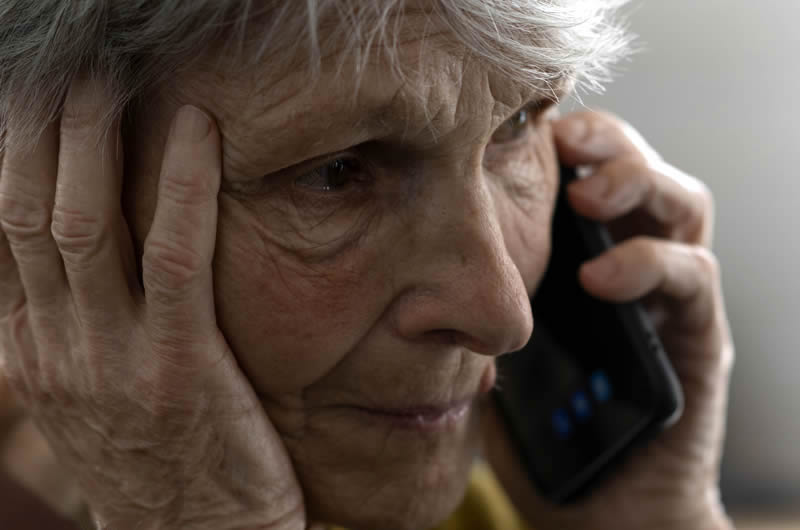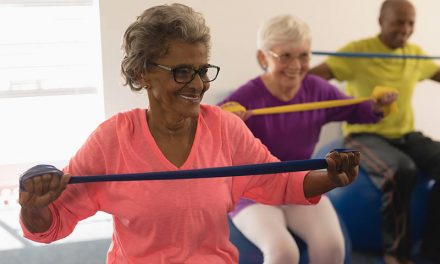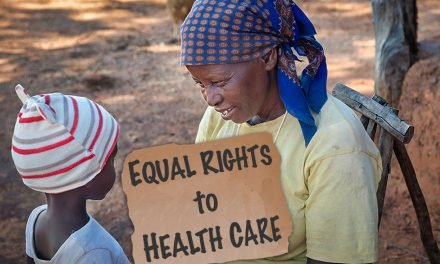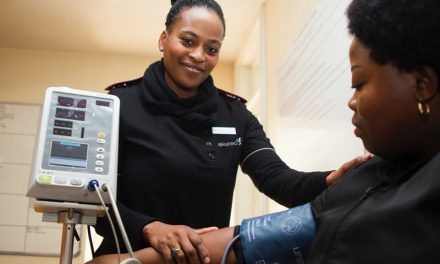Shameful truth about elder abuse
The worst thing about elder abuse is not that it happens. But that it’s so easy to get away with.
Someone can punch, slap or kick an older person … steal from them … deprive them of food, water or medication … shout at them or mock them … or leave them sitting on the toilet for hours – and, more often than not, they won’t tell anyone.
Because they’re afraid.
Vulnerable elders are helpless against those who attack or prey on them. Often, the abuser is a family member – a child or grandchild – on whom the older person is completely dependent. To complain is to risk further abuse and isolation – preventing communication with people who might help – or even abandonment.
Older people bruise easily and, because they’re often unsteady on their feet, are more prone to bumping into walls and doorways. So cuts, bruises and broken bones, can easily be explained away. If the elder tries to tell an outsider what really happened, the abuser can claim they’re confused or suffering from dementia.
So it’s hardly surprising that there are no hard statistics available. And yet, we know it happens – and it’s getting worse.
Silent epidemic
“Elder abuse is often described as a silent epidemic, not just here in South Africa, but around the world,” explains Tafta CEO, Femada Shamam. According to the World Health Organisation, more than one in 10 older adults may experience some type of abuse, but only one in five cases or fewer are reported.
It’s especially prevalent in societies where poverty, crime and unemployment create hardship and frustration. Incidences where older people are mugged or even killed for their pension are common. Frail elderly people who are dependent on others for basic care may be neglected or denied food.
Elder abuse can take place in the home, at the hands of spouses, adult children and even grandchildren. It also happens in institutions such as hospitals or nursing homes – and can range from swearing or yelling at the victim to slapping, kicking or shoving them, or stealing their belongings.
Emotional abuse
Other forms of abuse are less obvious but equally damaging. For example: ignoring the elderly person; isolating them from friends; humiliating them, shouting or swearing at them or intimidating them.
Neglect
Neglecting a helpless elderly person is another form of abuse. The caregiver might intentionally ‘forget’ their medication or administer an overdose, leave them lying in a soiled bed, or abandon them for hours on the toilet. Or deprive them of food and drink.
Financial abuse
An elderly relative’s pension may be stolen or a vulnerable senior may be forced to change his or her Will or hand over power of attorney.
Sexual abuse
This type of abuse is often not spoken about but is becoming more prevalent in our society. This type of abuse includes any conduct that violates the sexual integrity of an older person and would include sexual harassment, exposure to pornography etc.
Social Workers are obliged to notify all cases of suspected abuse to the Director – General in terms of Section 26 (1) of the Older Persons Act 13 of 2006. If he/she fails to do so, it is considered an offence in terms of Section 26(3) of the said Act.
If you suspect an older person is being abused, call our National Toll-free Helpline on 0800 10 11 10. You may remain anonymous if you choose. While you may hesitate to interfere or get involved, making the call could save an elderly person from harm … even death.
Remember in South Africa, elder abuse is a crime.






